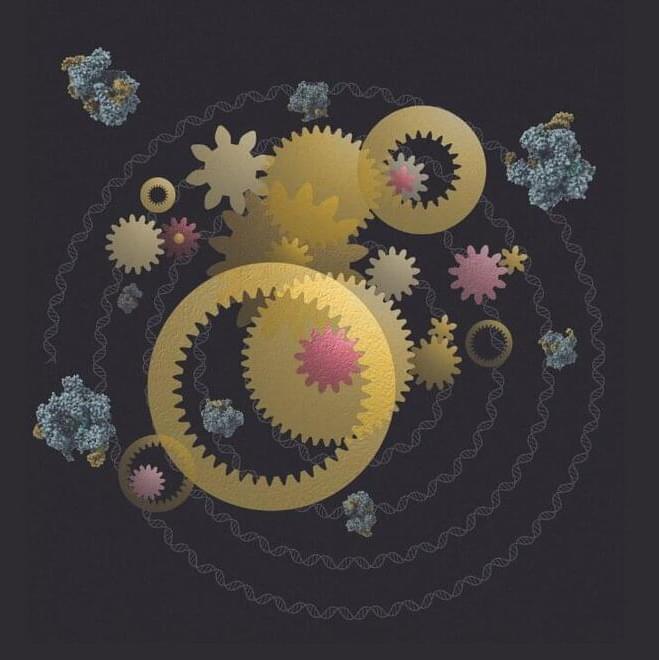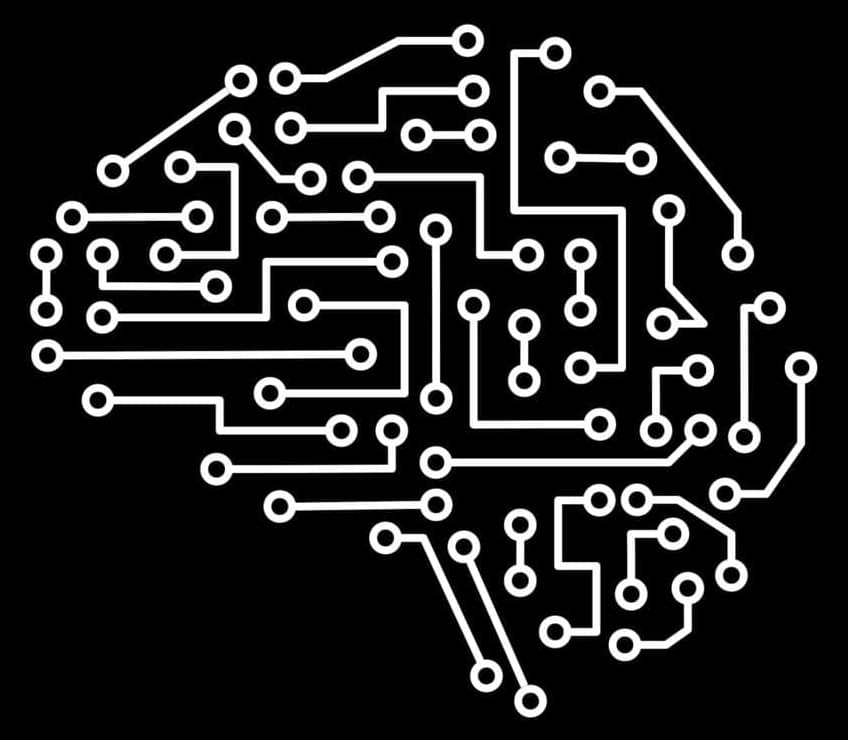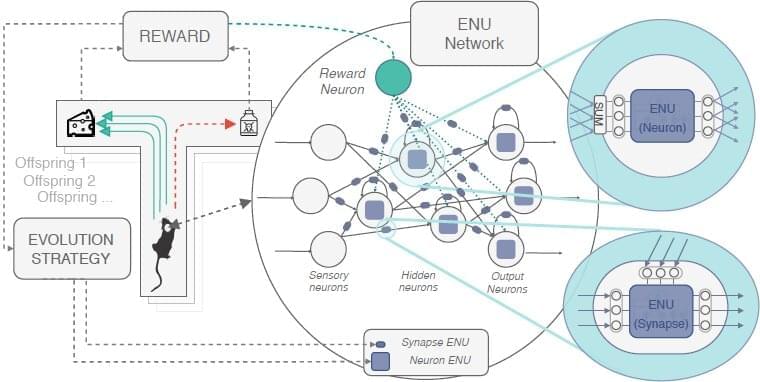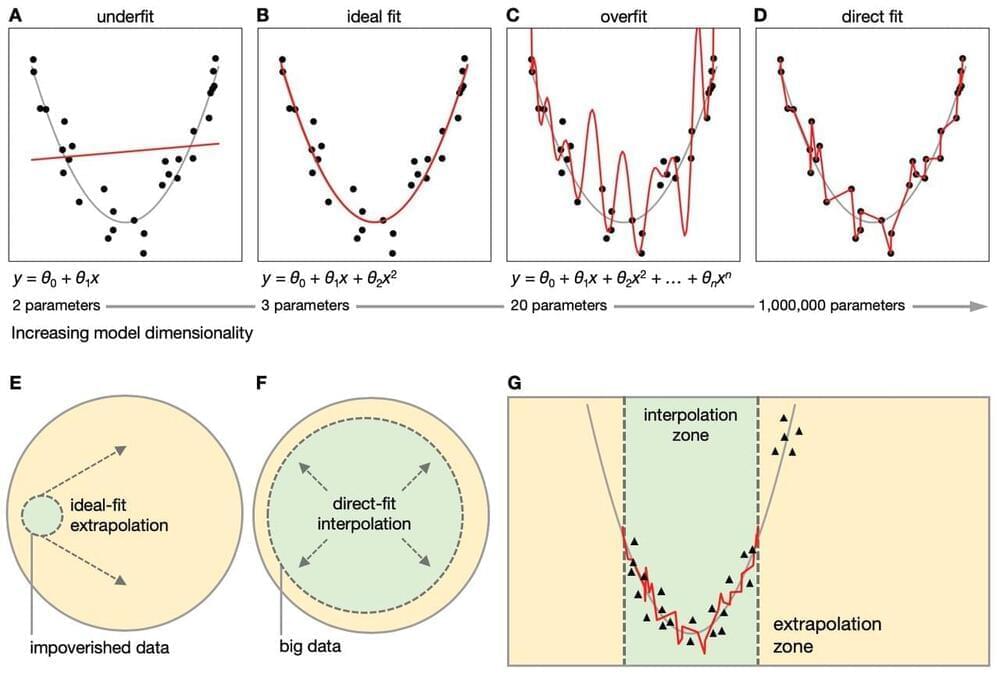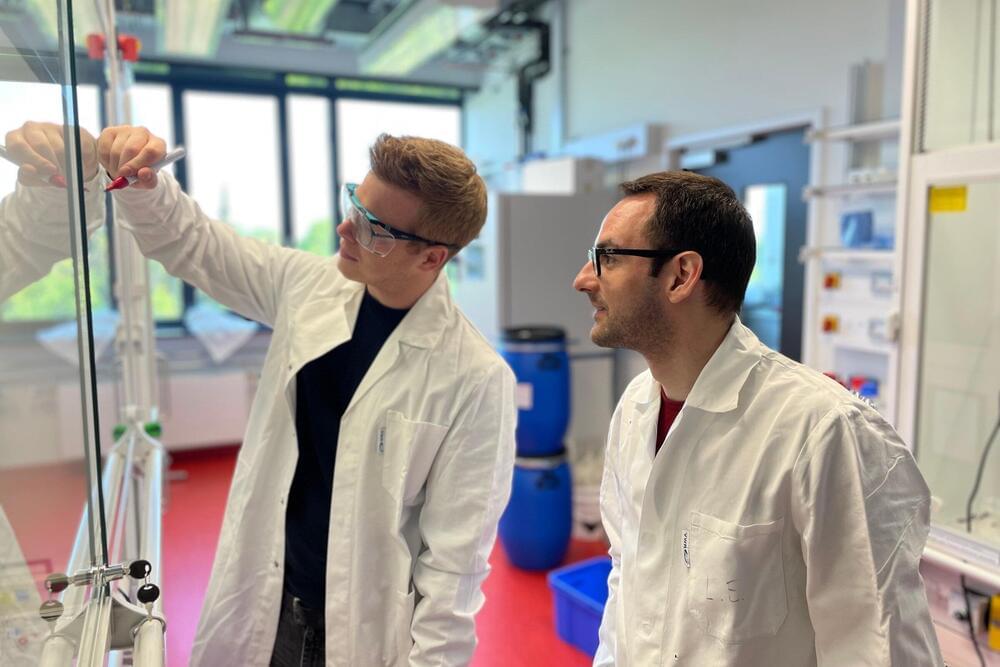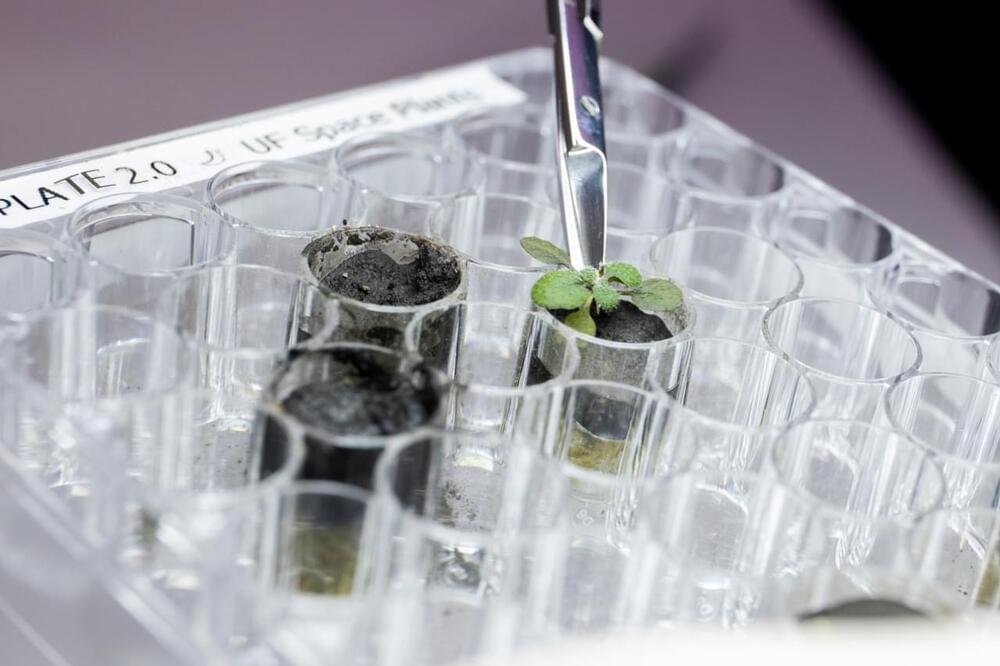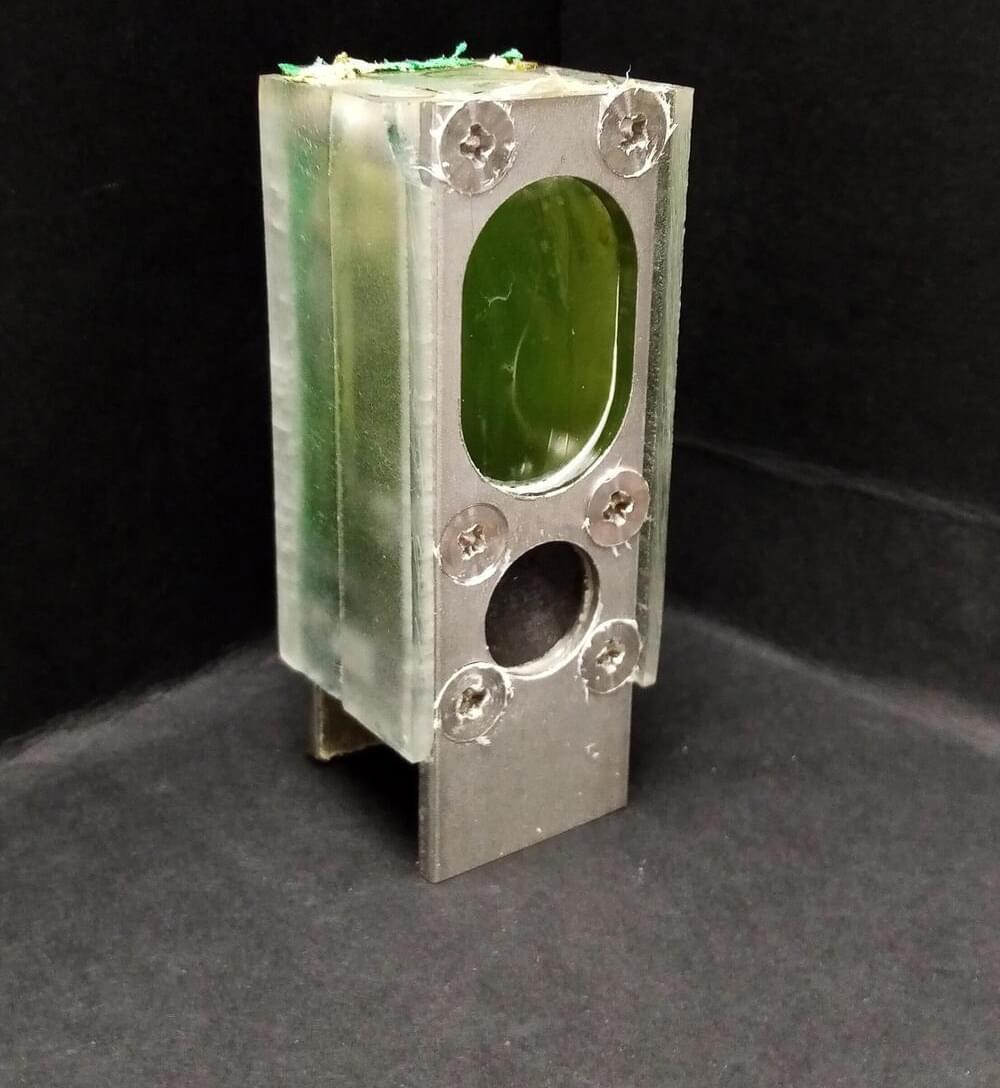In biological evolution, we know that it’s all about the survival of the fittest: organisms that develop genetic traits that allow them to better adapt to their physical environment are more likely to thrive, and thus pass down their winning genes to their offspring.
From the longer-beaked Galapagos Island finches studied by biologist Charles Darwin that enabled them to more effectively snatch insects, to the ability of some humans over others to digest milk, the process of natural selection results in genetic differences that give some organisms an edge over others.
New research by University of Toronto Mississauga biology assistant professor Alex N. Nguyen Ba adds an important dimension to our understanding of how genes interact in the evolutionary process.
